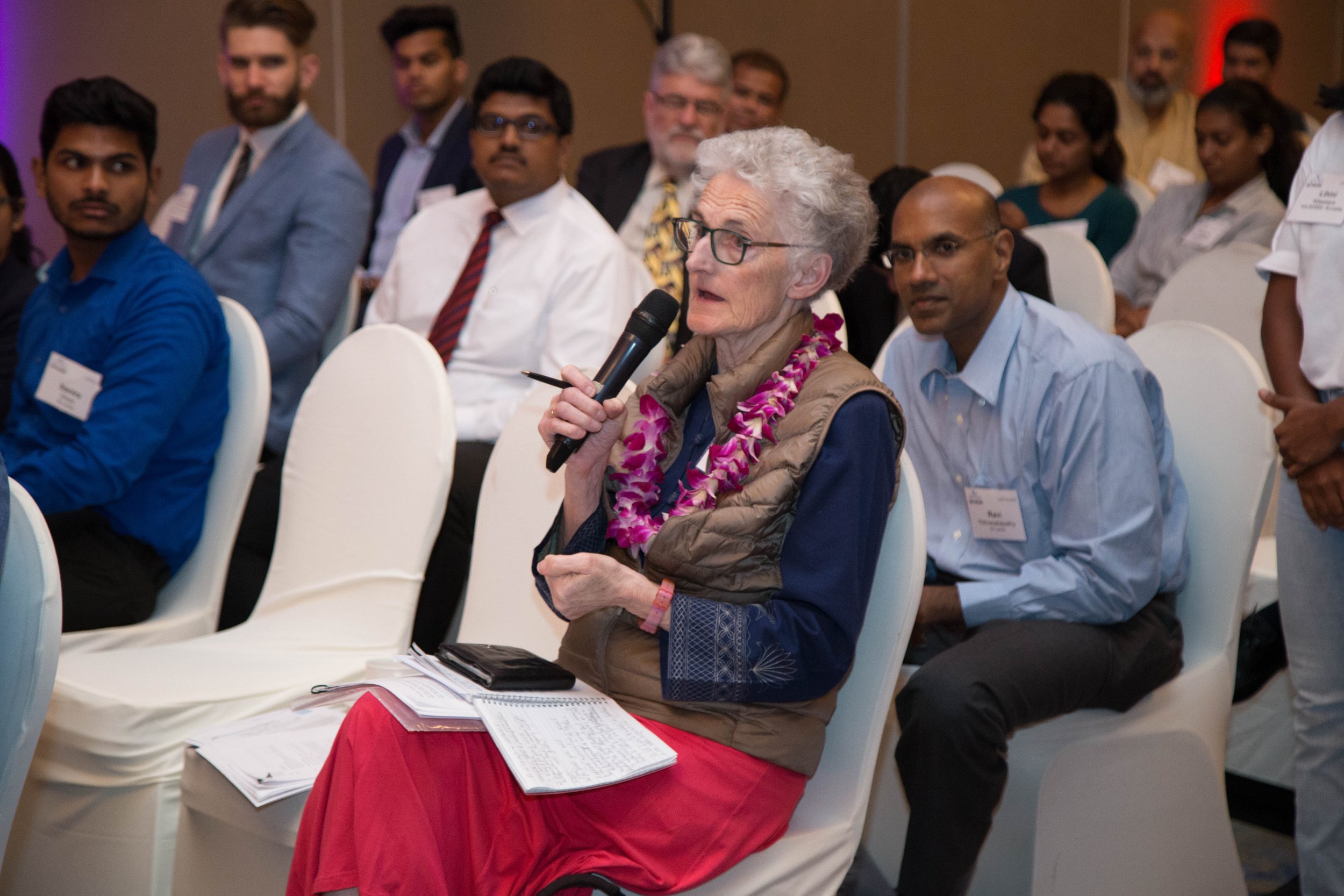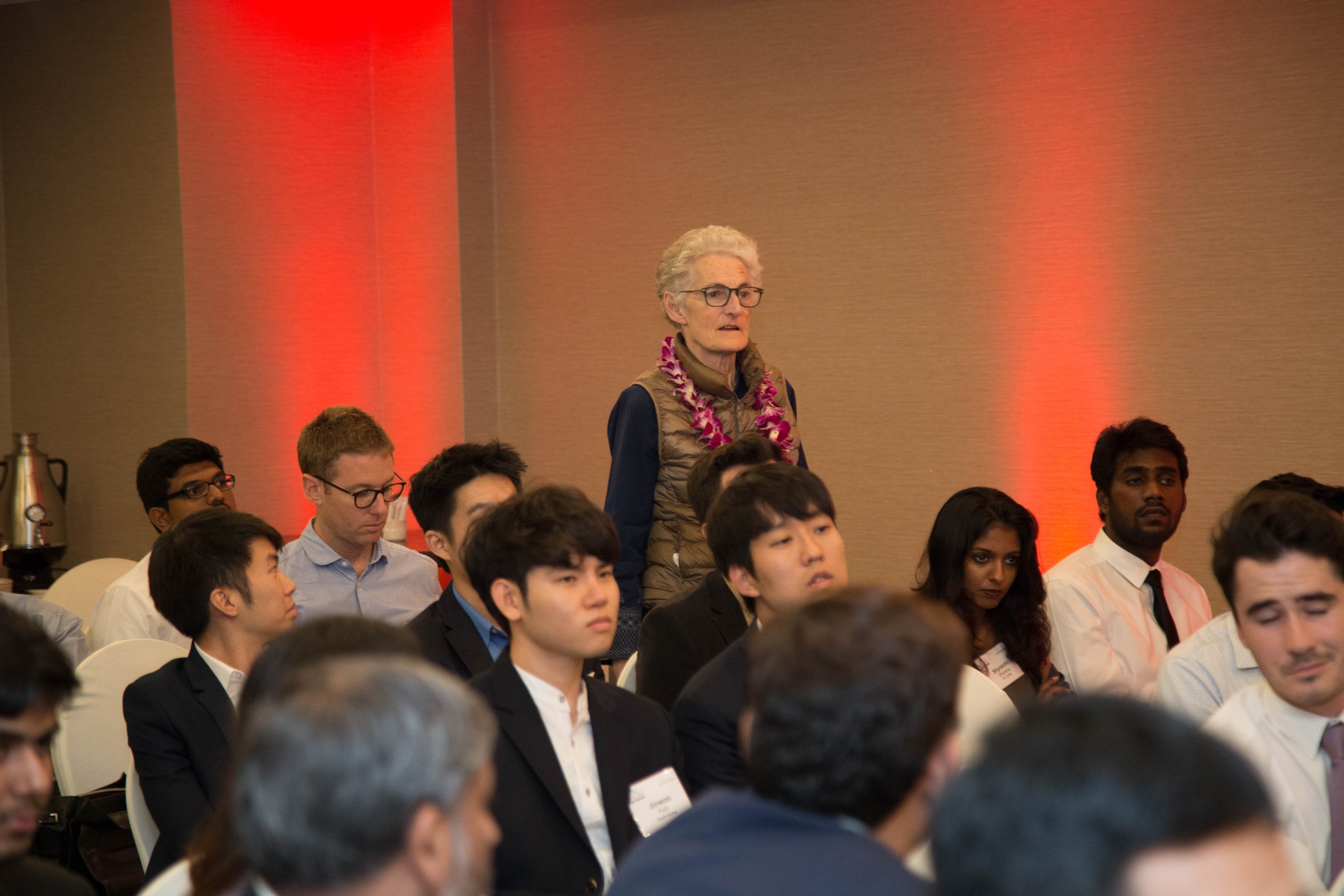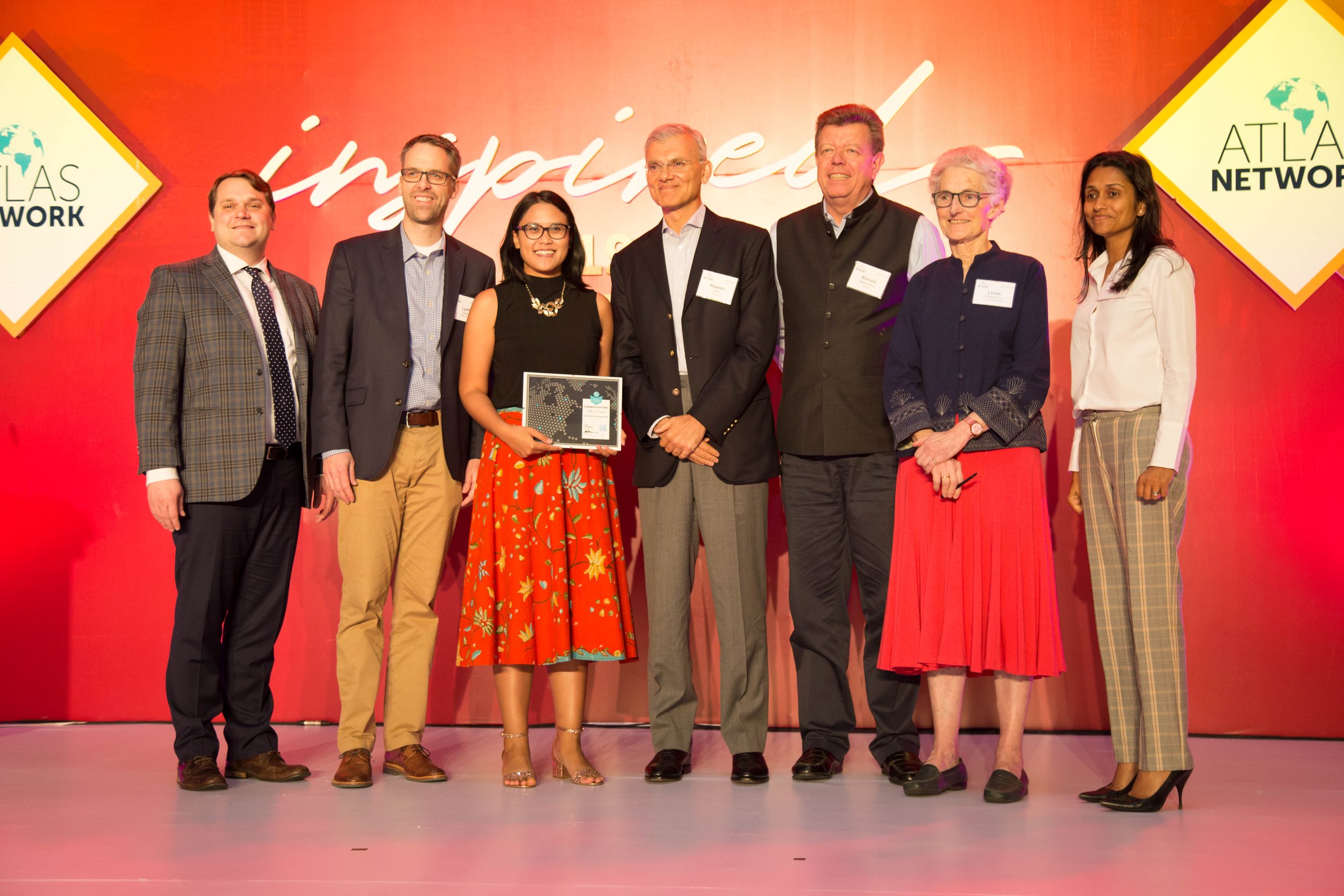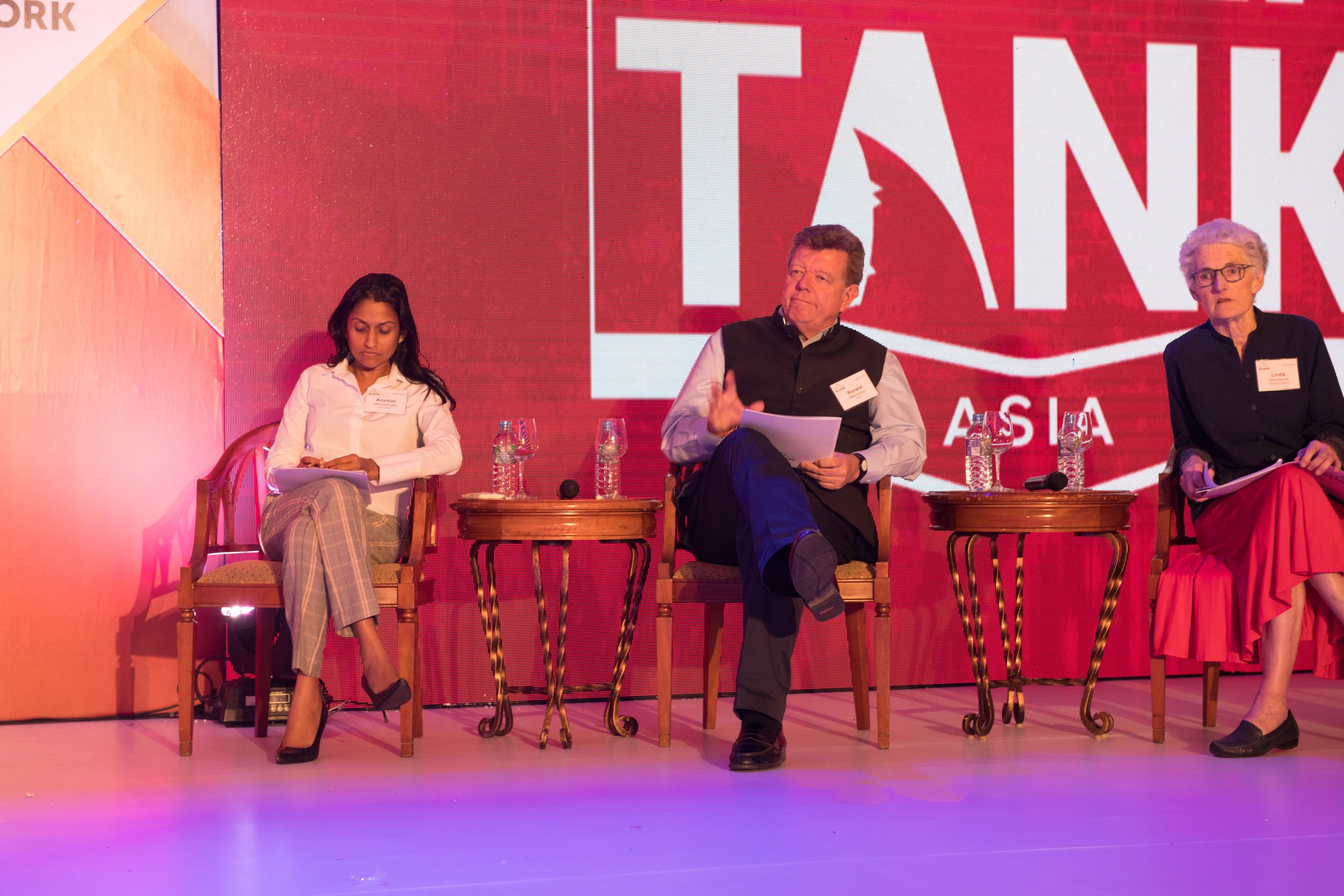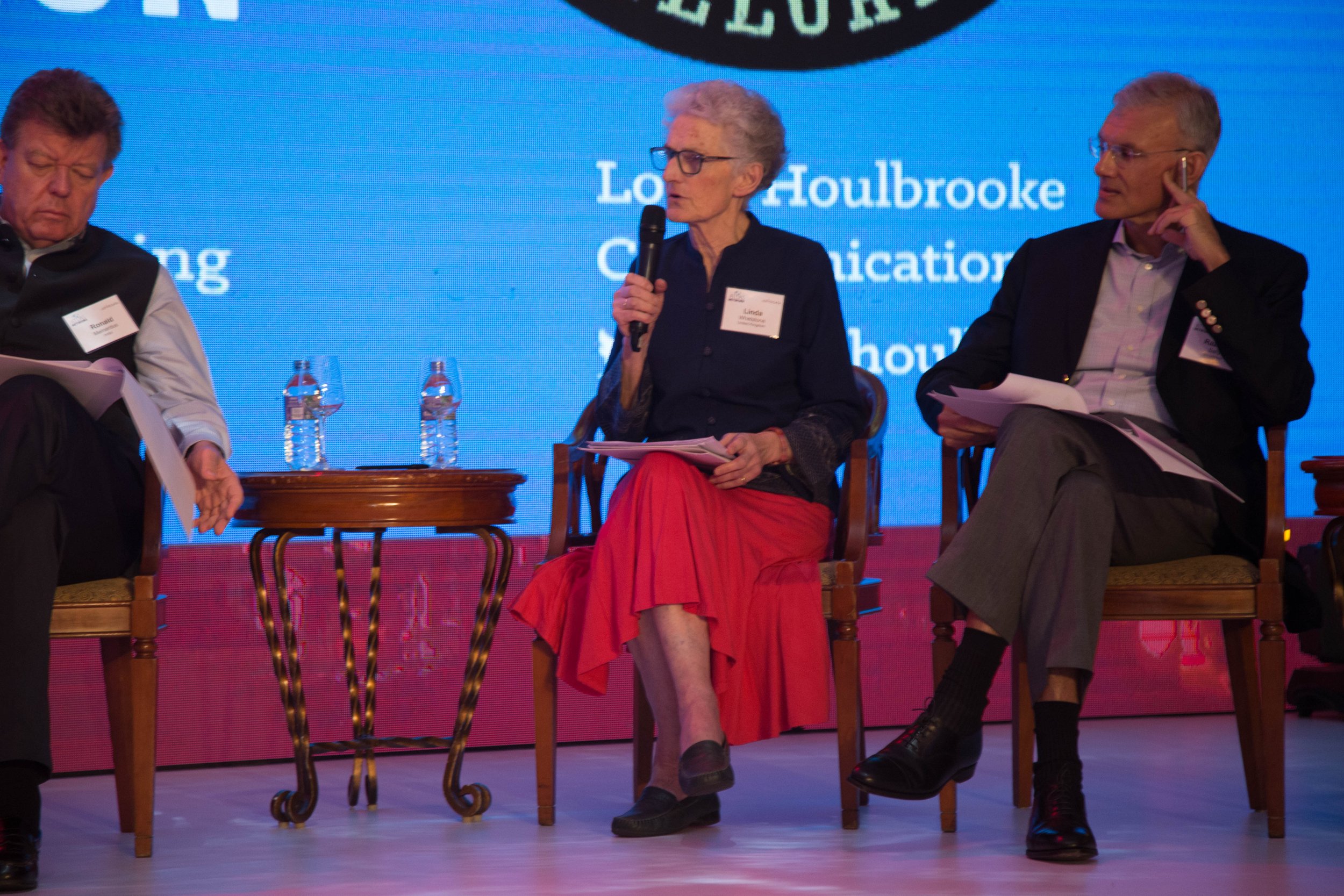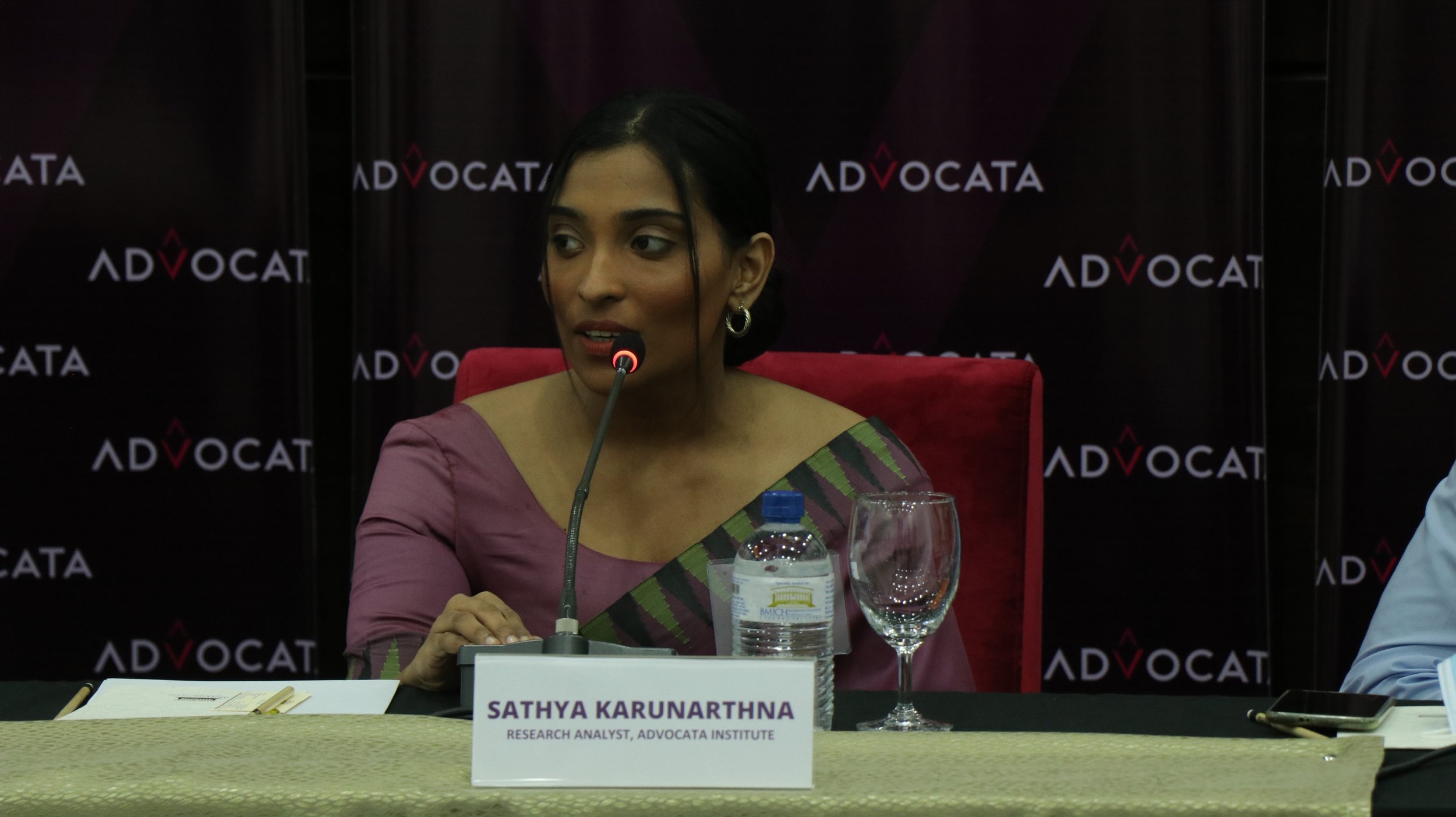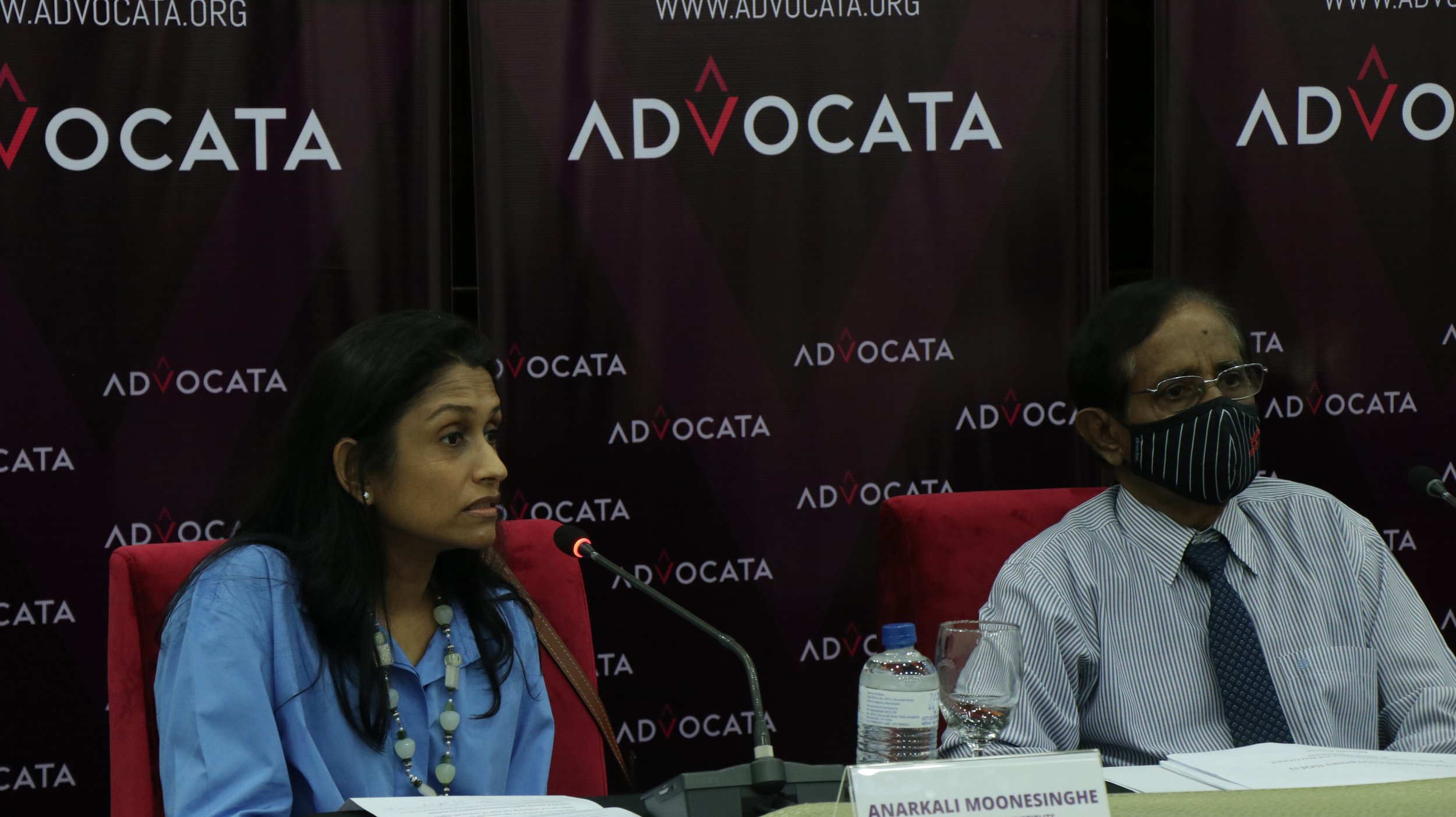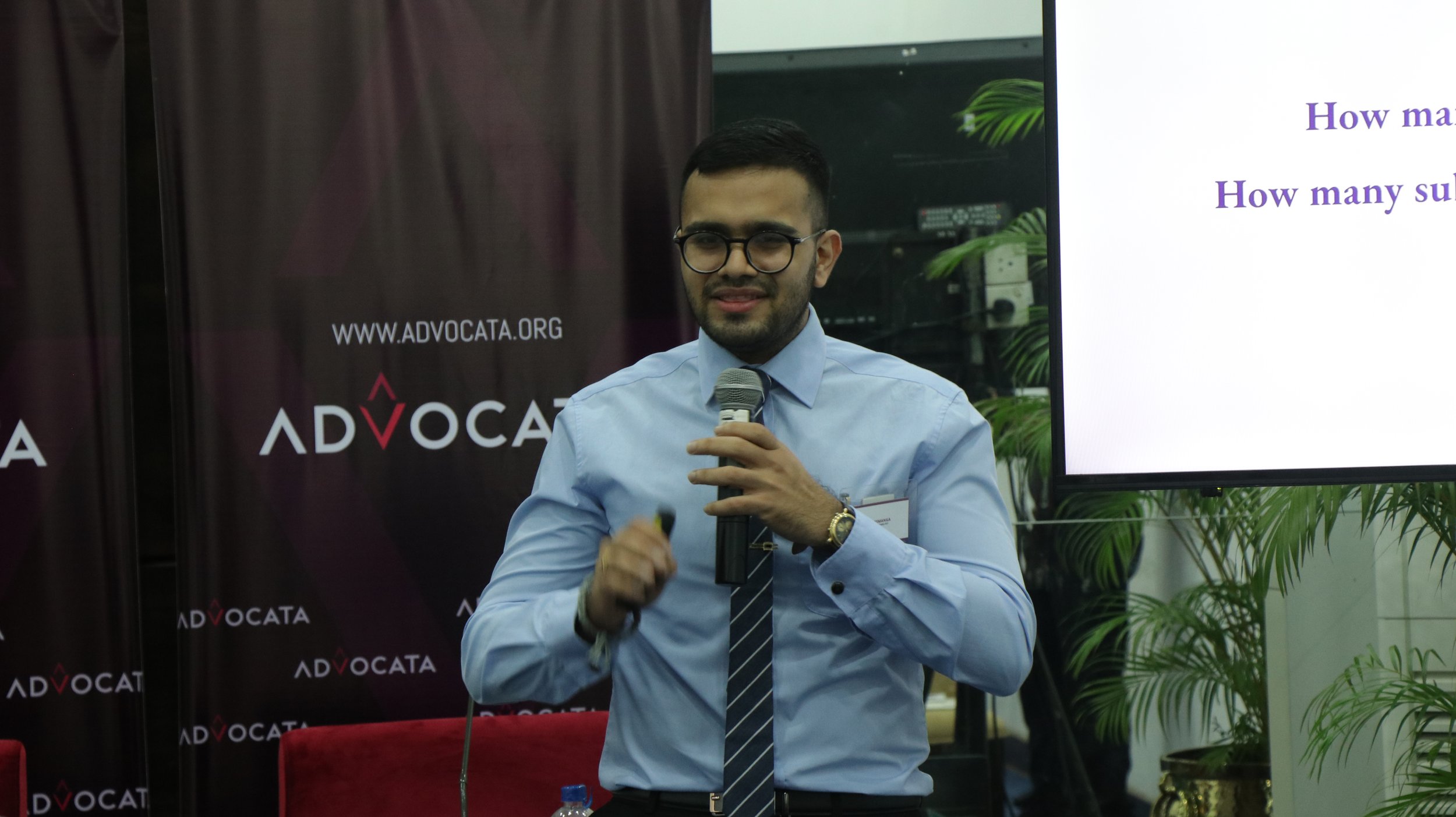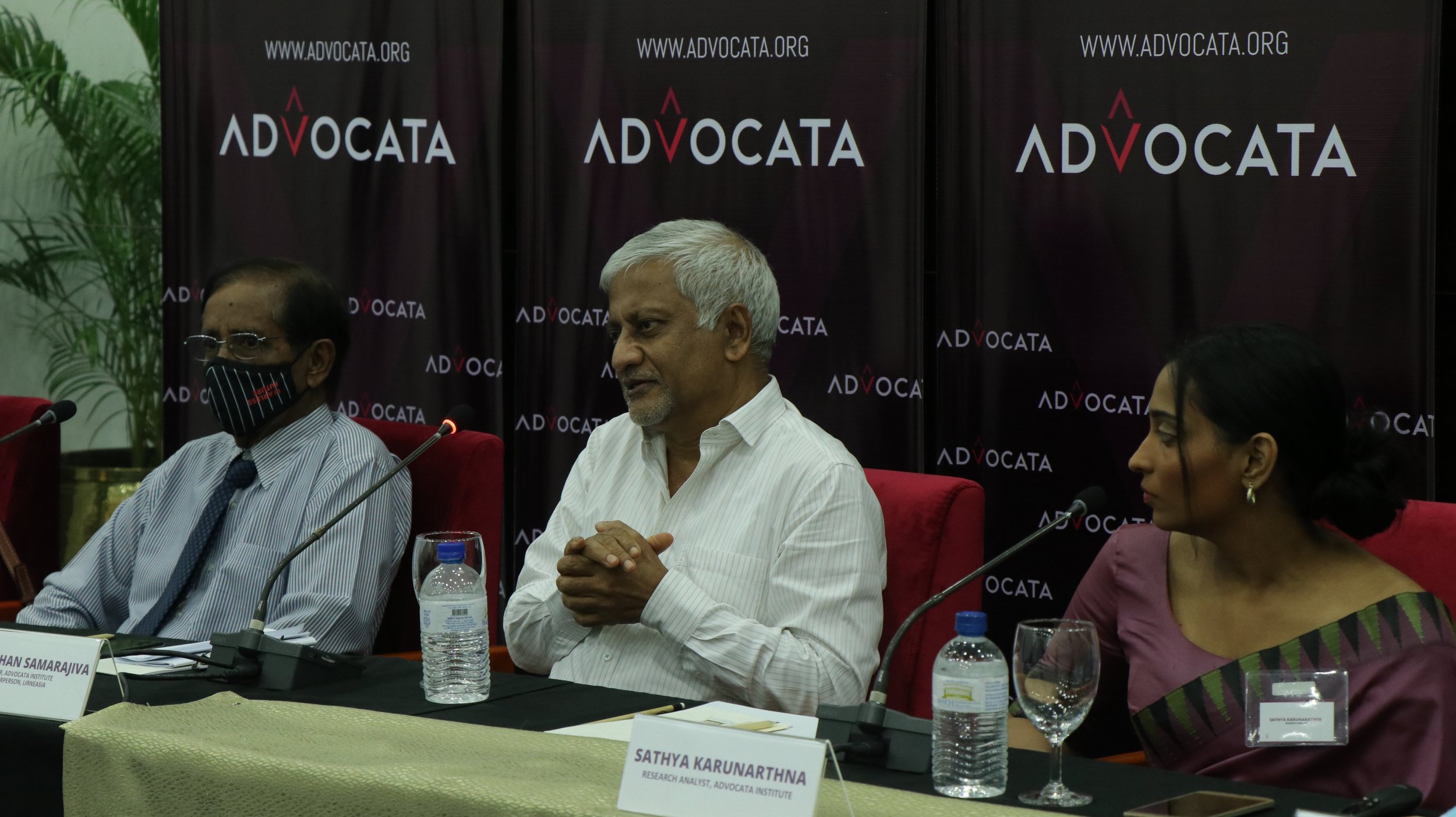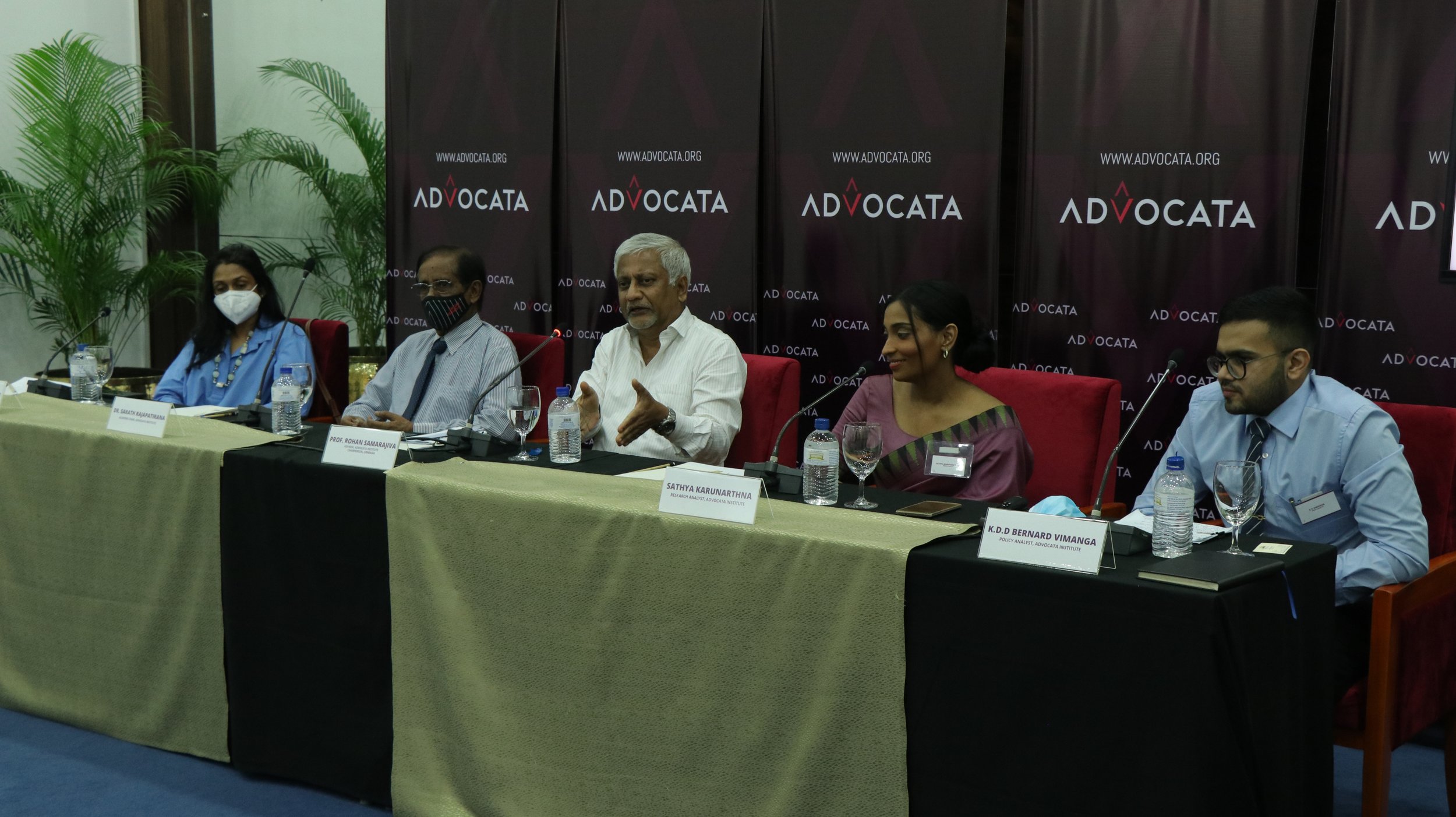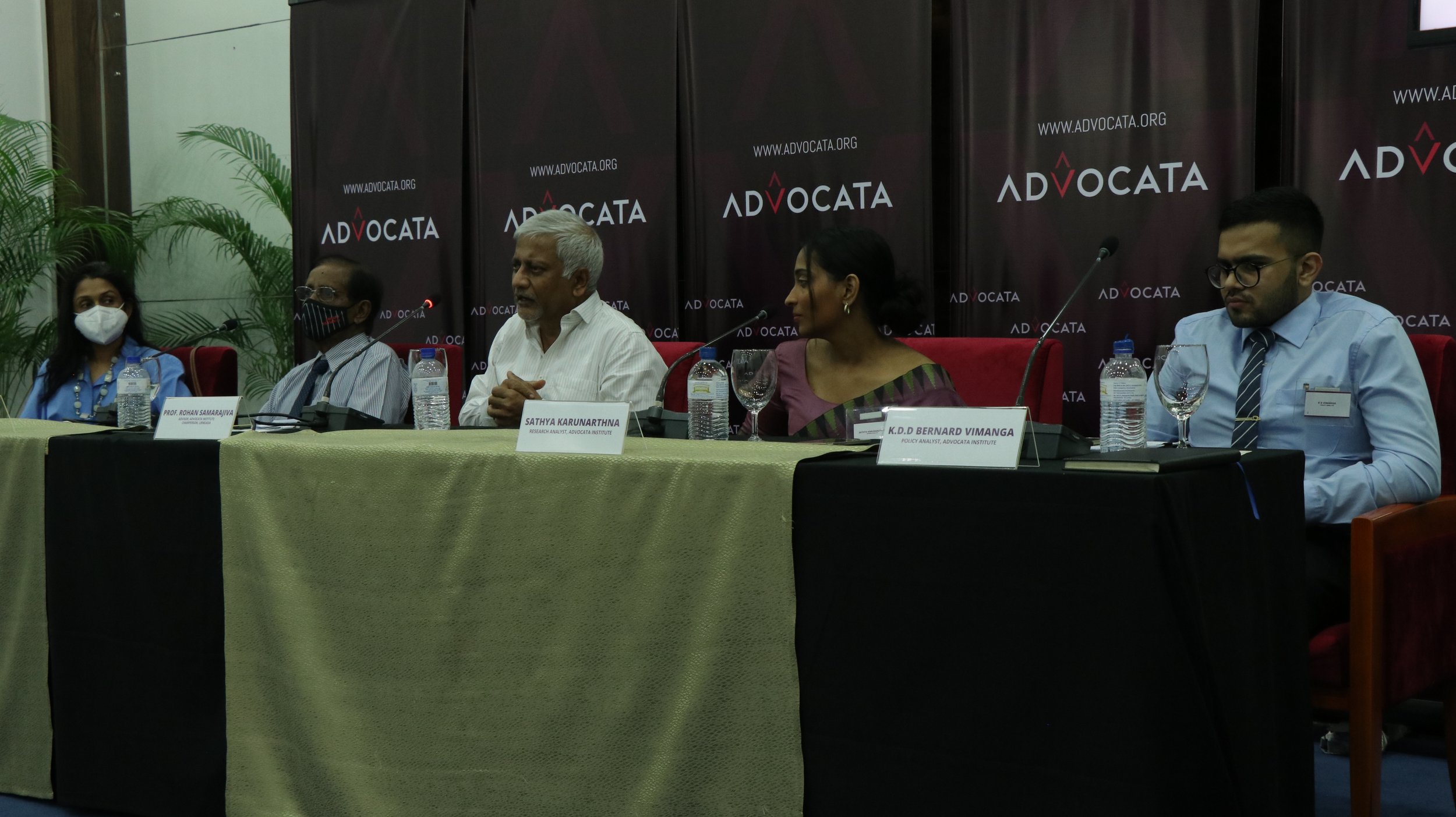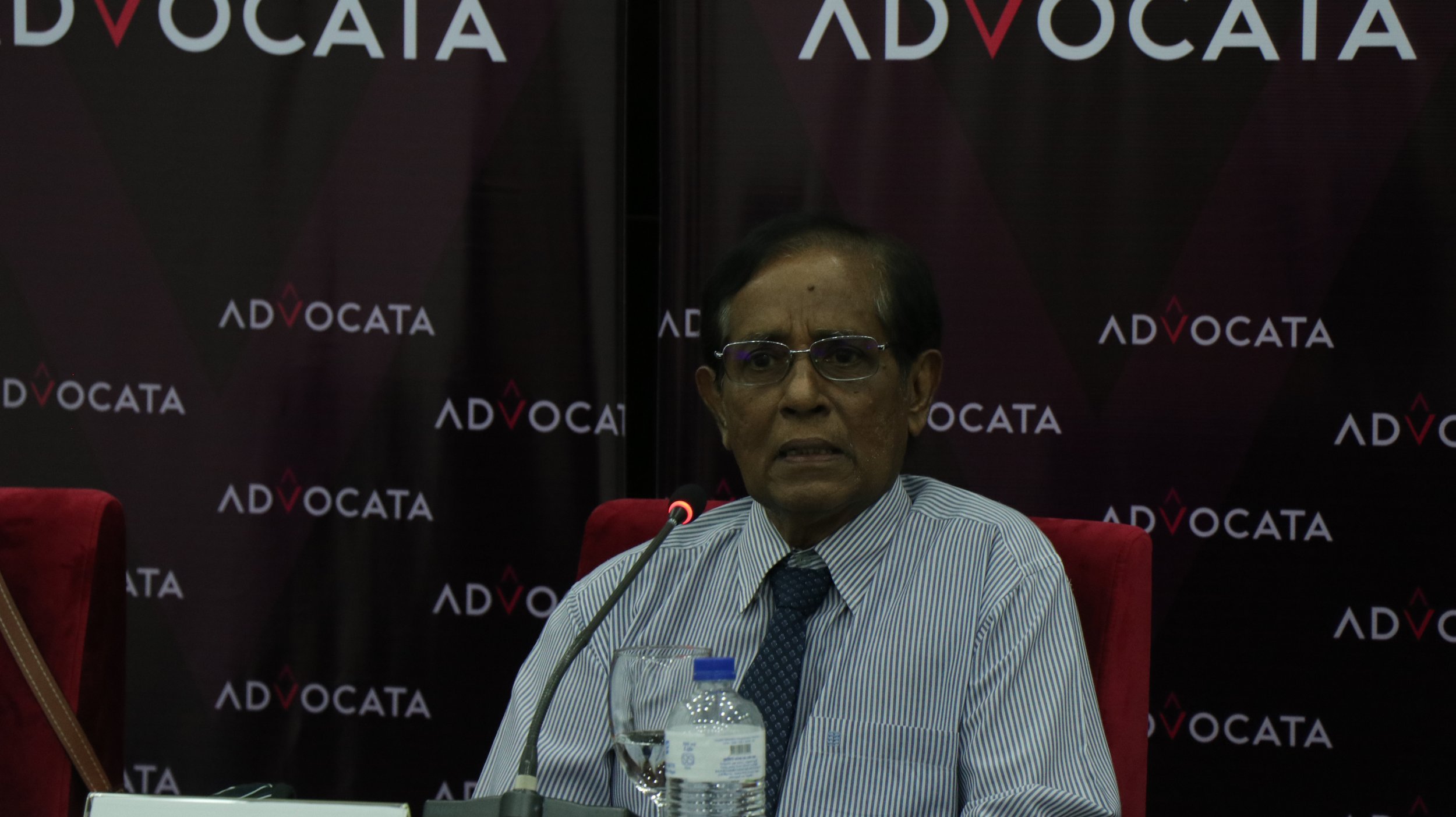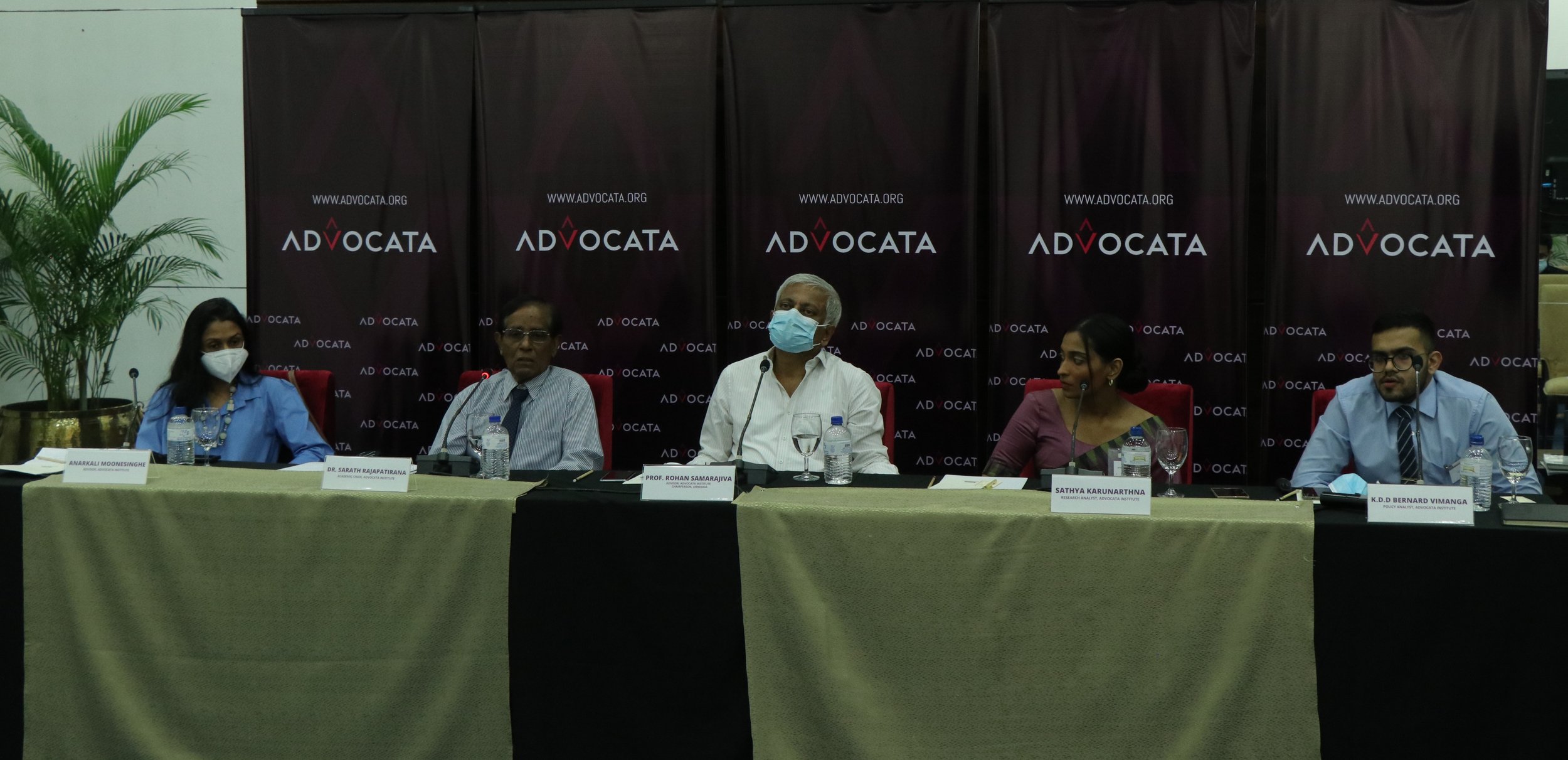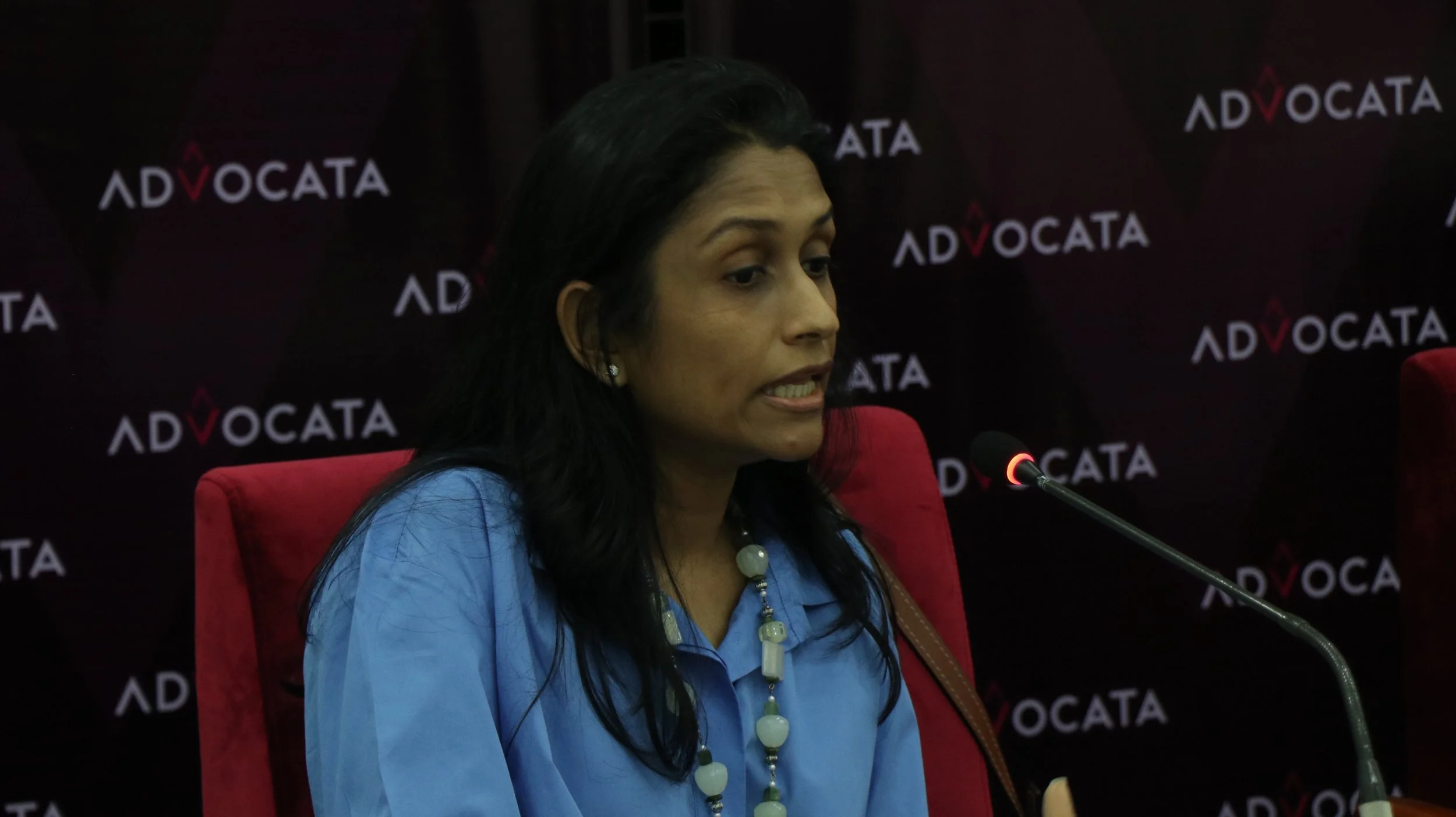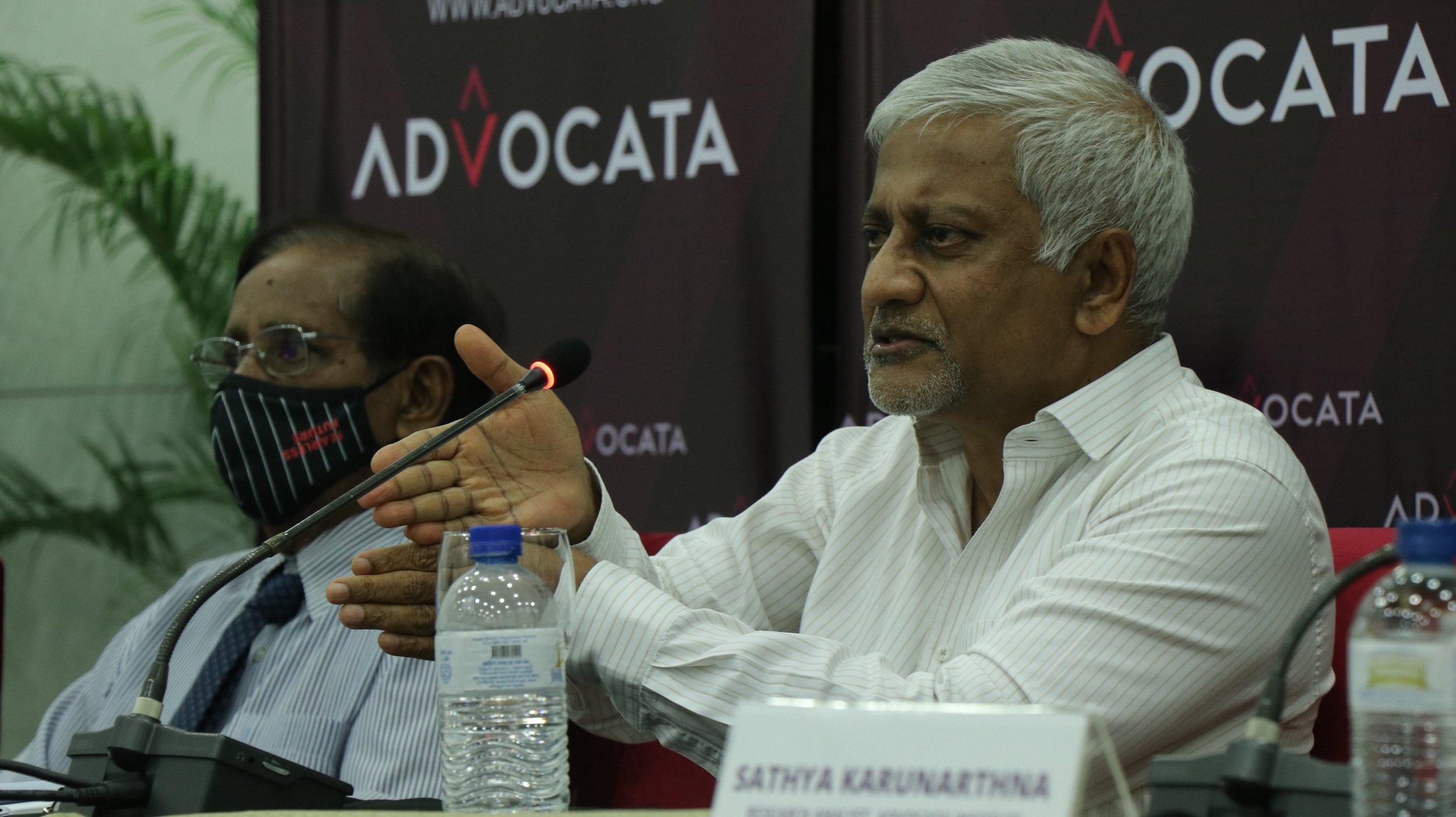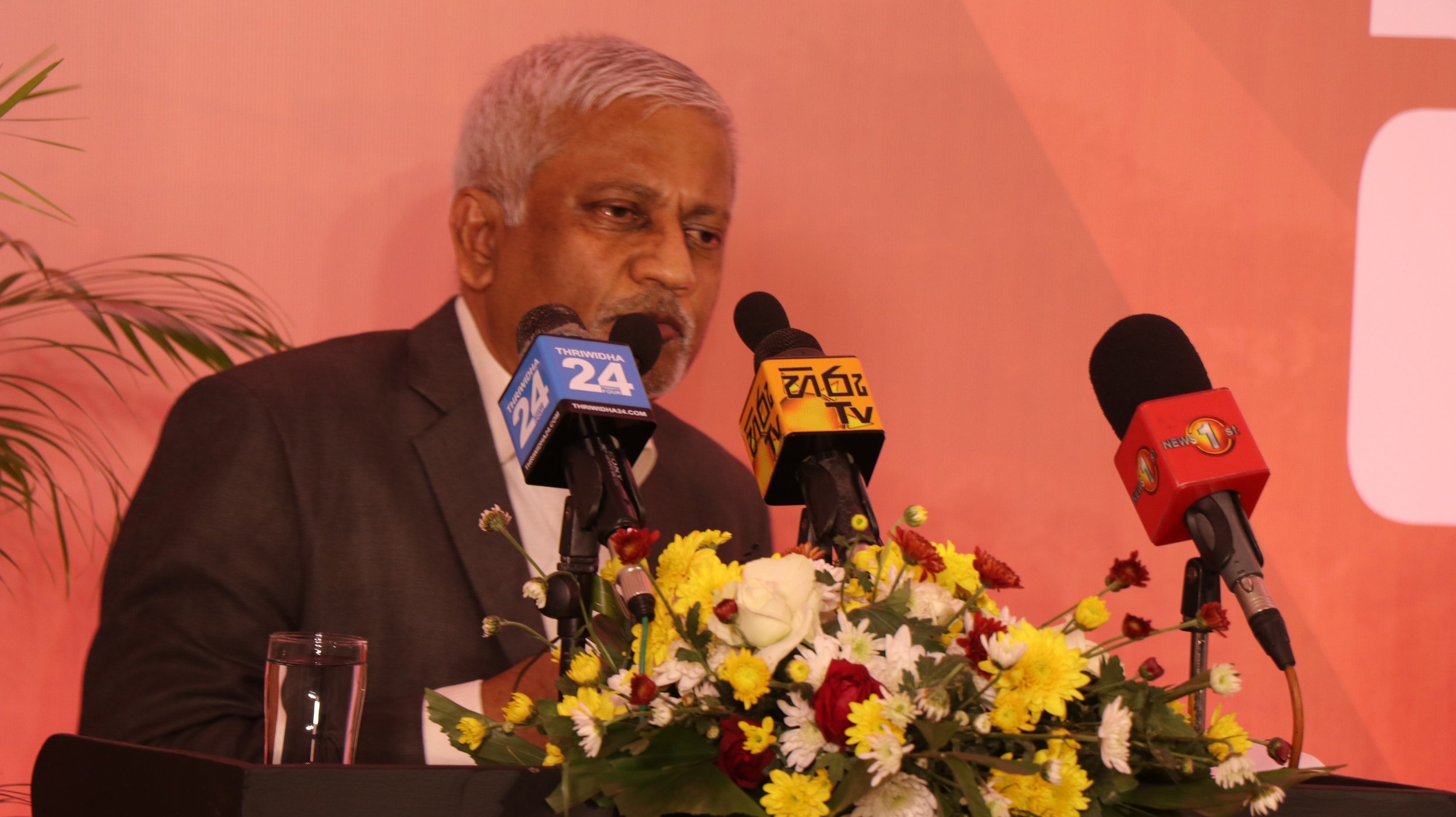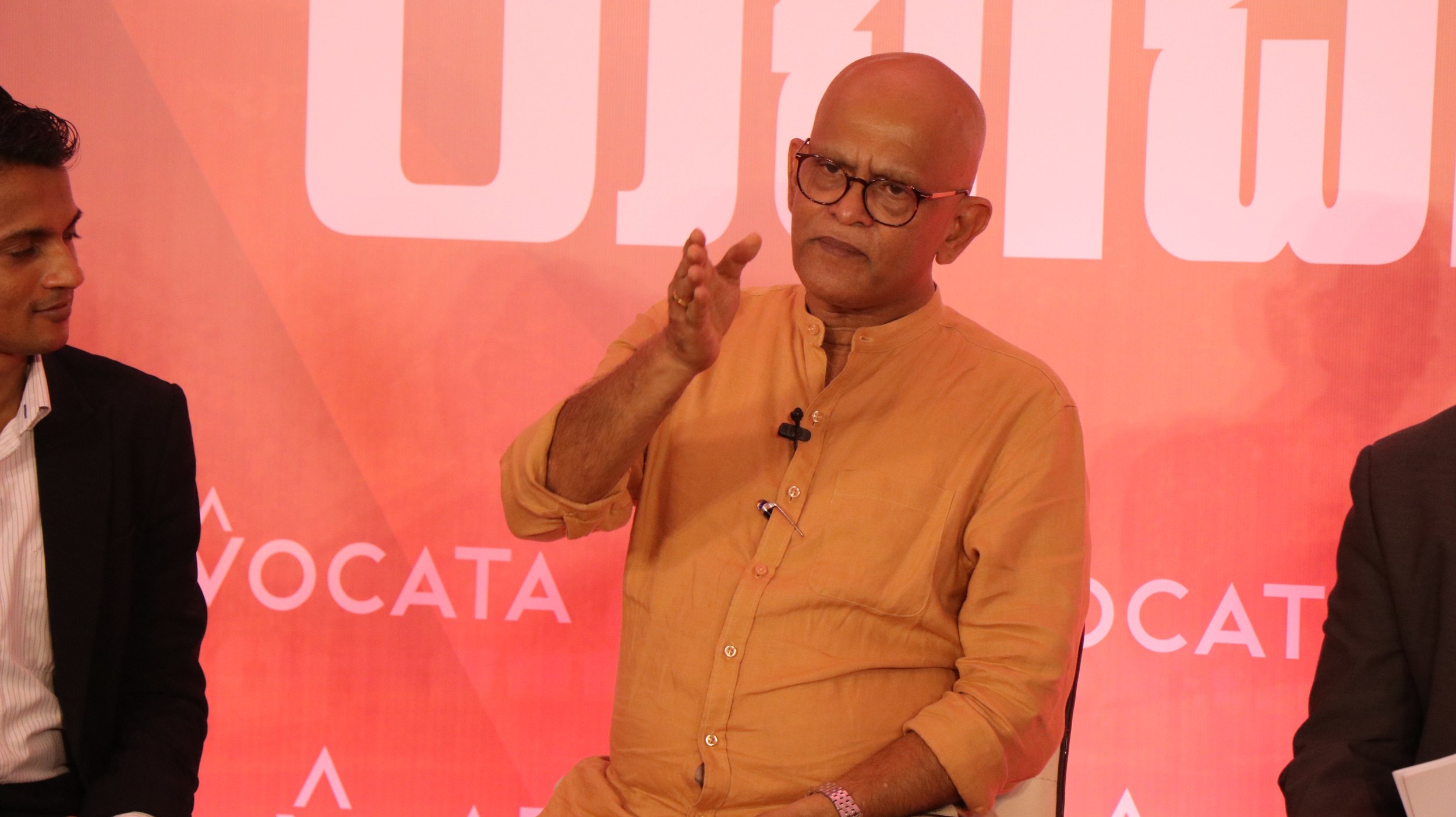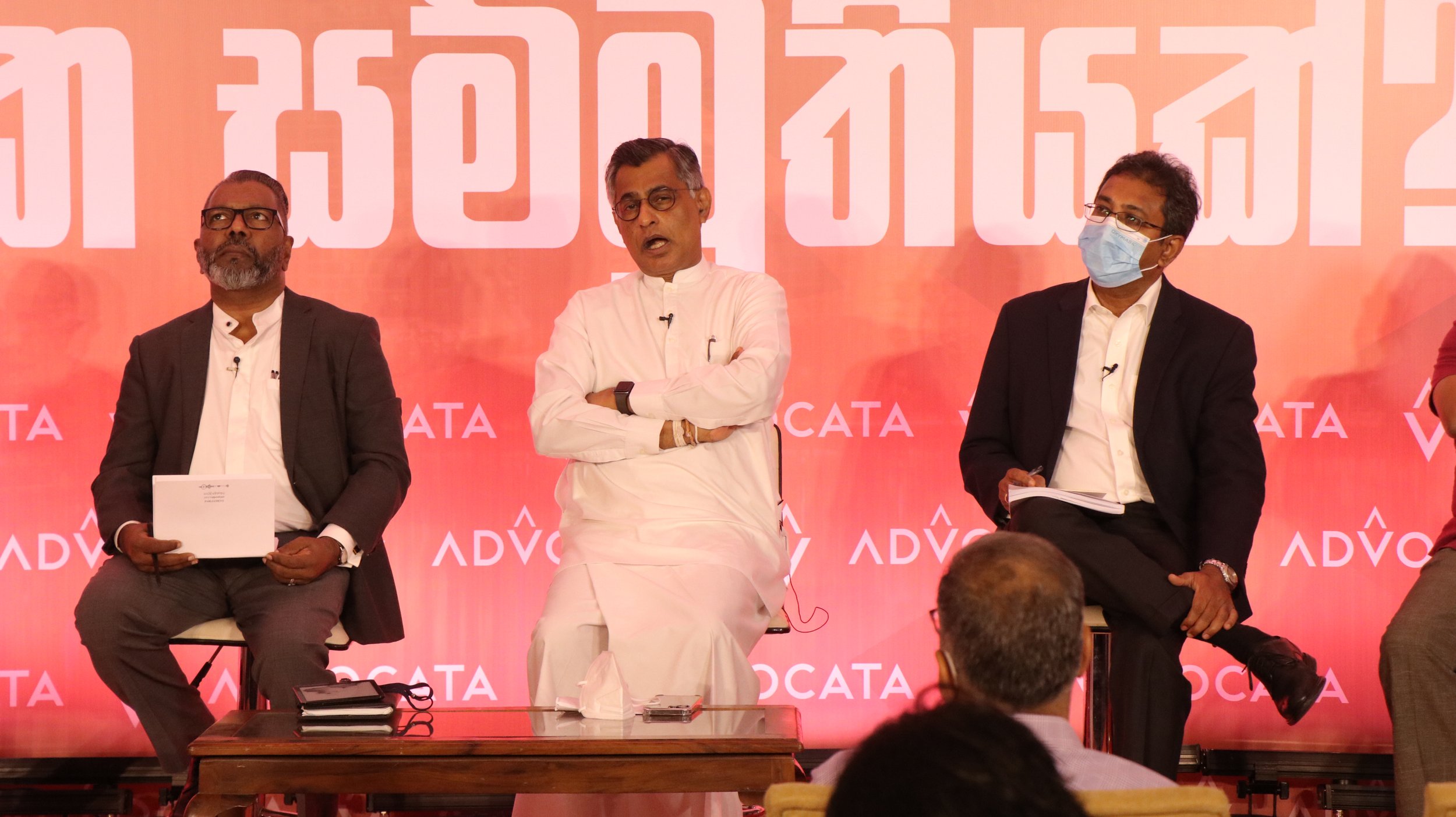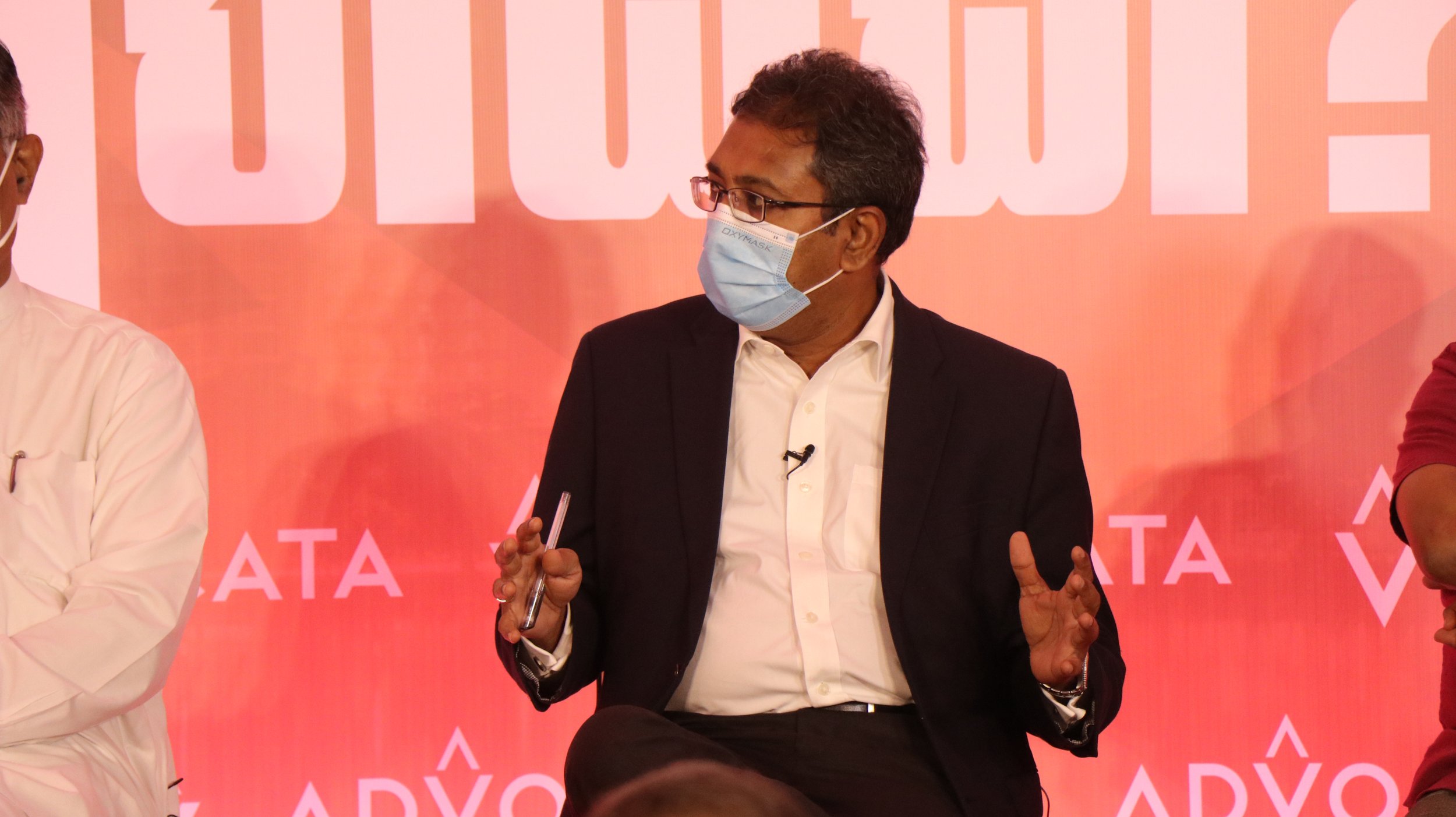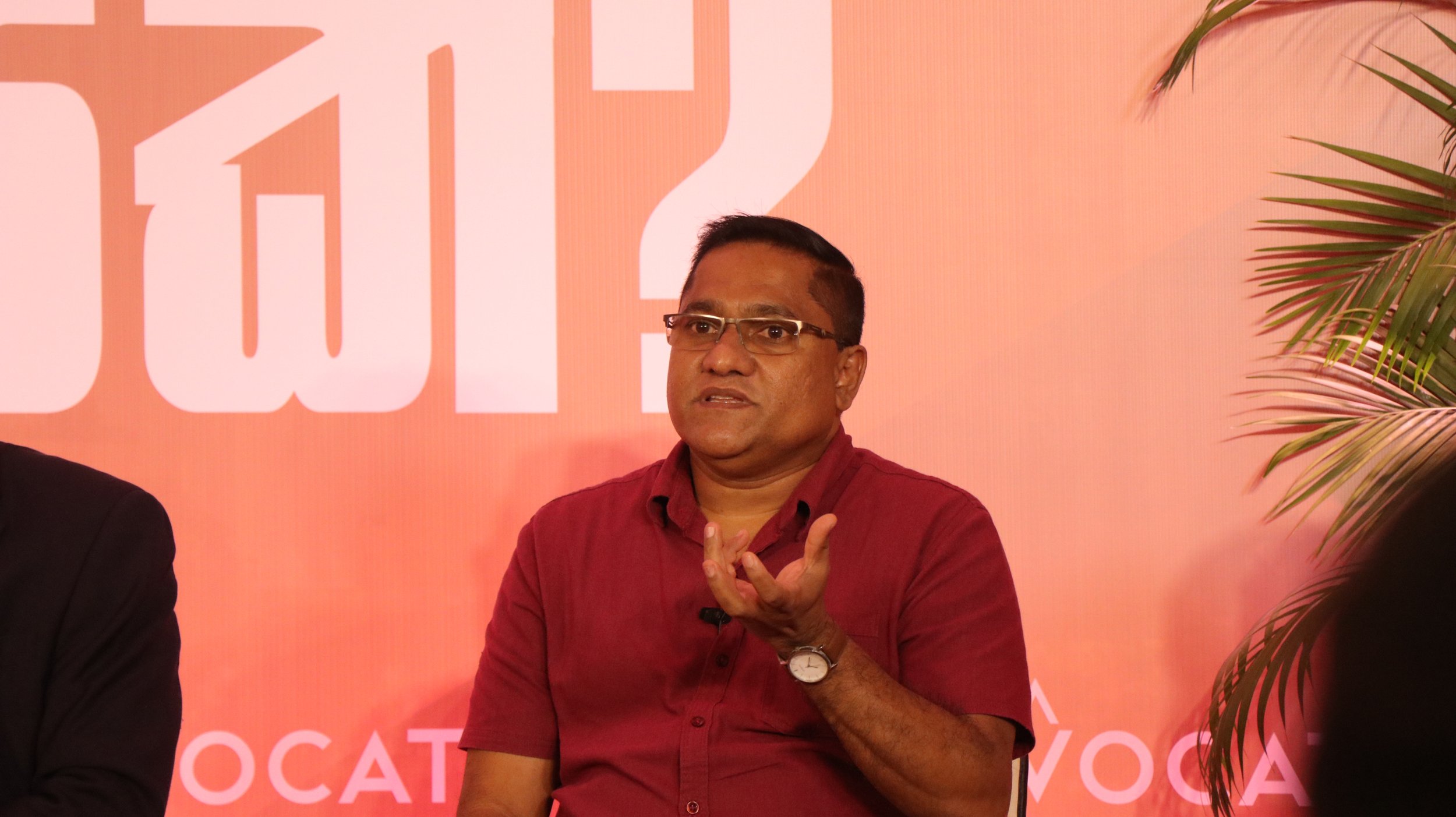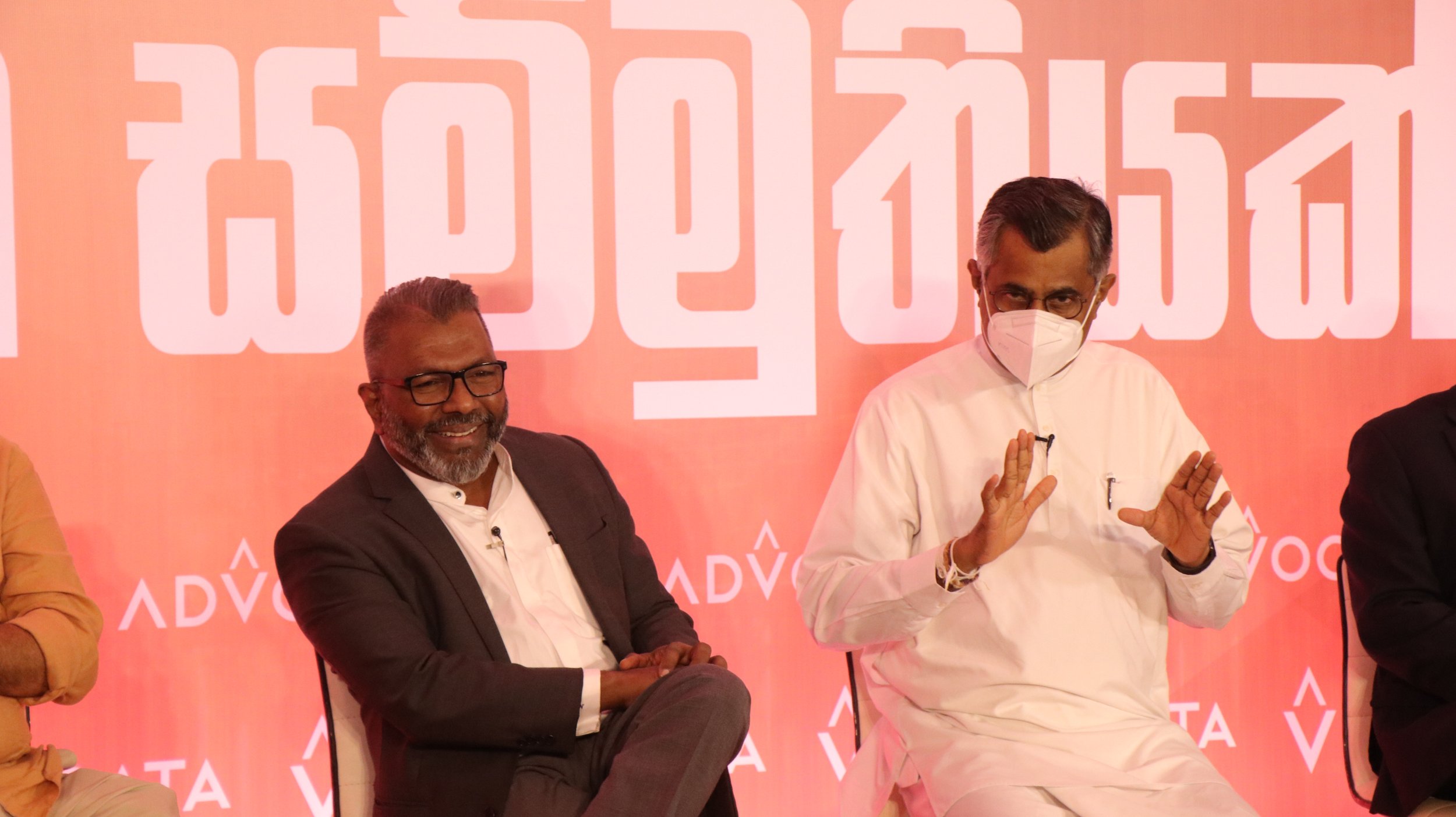Let us focus on global changes immediately - President
We can’t use the old economic model further:
We can no longer use the old economic model and we must pay attention to global changes by thinking innovatively, said President Ranil Wickremesinghe yesterday. He was delivering the keynote address at the professional forum to launch the Advocata Institute’s research report on Sri Lanka’s economic reforms held at the Bandaranaike International Conference Hall in Colombo yesterday (05).
The conference organised by the Advocata Institute under the theme “LET’S RESET SRI LANKA” is held on August 5 and 6 at the Lotus Hall of the Bandaranaike International Conference Hall.
Read the full article here
President reiterates, difficult times ahead
President Ranil Wickremesinghe says Sri Lanka has '6 difficult months ahead' as the island nation attempts to stabilize the economy through agreements with the IMF.
Speaking at a forum organized by the Advocata Institute in Colombo today (05), President Wickremesinghe said that the 'way out' for the country is through the agreements reached with the IMF.
"Although people talk of alternative measures, they have not worked out," the President said, emphasizing that first and foremost, Sri Lanka has to enter into the standby agreement, with the staff level agreement with IMF.
Sri Lanka President hints on possible wealth tax for economic, social stability
Amid widening gap between the rich and the poor in Sri Lanka, the island nation will have to go for higher taxation including on wealth, President Ranil Wickremesinghe said on Friday while delivering a keynote speech at an economic forum.
The crisis-hit country is struggling with lower state revenue and higher government expenditure with 86 cents of each rupee of tax revenue spent on state sector wages and pensions.
Sri Lanka President hints on possible wealth tax for economic, social stability
Amid widening gap between the rich and the poor in Sri Lanka, the island nation will have to go for higher taxation including on wealth, President Ranil Wickremesinghe said on Friday while delivering a keynote speech at an economic forum.
The crisis-hit country is struggling with lower state revenue and higher government expenditure with 86 cents of each rupee of tax revenue spent on state sector wages and pensions.
SL must focus on higher revenue mobilisation to overcome crisis
Sri Lanka still has scope to overcome the macroeconomic instability if the Government could focus on revenue mobilisation through inclusive tax reforms based on scientific analysis, Advocata Institute Senior Research Fellow Dr. Roshan Perera opined.
Speaking at the ‘Let’s reset Sri Lanka’ forum organised by the Advocata Institute recently, she underscored that the root cause of the existing macroeconomic instability was due to lack of fiscal discipline.
The old economic model is no longer viable, IMF proposals must be implemented - President
President Ranil Wickremesinghe says the old economic model can no longer be implemented adding that innovative thinking is required while paying attention to global changes.
Delivering the guest speech at a conference today (05) Mr. Wickramasinghe said proposals of the International Monetary Fund (IMF) must be implemented to recover from the economic crisis the country is facing, regardless of whether they are good or bad, and regardless of who likes them or not.
‘National carrier matters, but profitability matters more’
Delaying the privatisation of SriLankan Airlines will not help, however the steps towards privatisation of the national carrier should be taken in consultation with international experts who understand the aviation industry, Thilan Wijesinghe, Chairman and CEO of TWCorp (Pvt) Ltd., said at ‘Let’s Reset Sri Lanka –Reform Now’ conference hosted by Advocate Institute, recently.Thilan who is knowledgeable about many aspects of SriLankan Airlines’ operational outlook said so responding to a query on how debt-laden SriLankan Airlines can attract potential buyers to push a privatisation process forward.
IMF, a starting point in path to recovery - President
Advocata Institute hosted its economic reform conference, #ReformNow last week. The two day event discussed the economic reforms needed to recover from the current crisis and promote growth.
The event brought together policymakers, l internationally recognised thought-leaders, the business community, civil society and citizens of Sri Lanka to facilitate this much needed discussion. The sessions focused on themes such as reforming taxation, state-owned enterprises, social safety nets , trade policy and land policy.
‘Only 15 out of 40 employment laws in regular use’
Sri Lanka has over 40 laws that relate to employment, of which only about 15 are in regular use.
Most are dated before independence or shortly thereafter and many are outdated, Shyamali Ranarajah- Attorney at law (Pictured) said.
Sri Lanka’s labour reforms must be led by the highest level of government whilst stakeholders must have a seat at the discussions for labour reforms.
Moreover, Ranarajah said dispute resolution mechanisms must be made efficient, productive and must not become a barrier or a hindrance to growth and employment creation, she opined.
South Asia can have integration in dancing & cooking, but not trade, quips Prez RW
Strengthening trade relations with the world is essential for countries to fulfil their economic aspirations, however, efforts will have to be made by individual countries to strengthen ties as within the South Asian region and trade integration will not happen, said President Ranil Wickremesinghe. “There will have to be bilateral agreements with whoever we want. There is too much politics involved for there to be a regional trade agreement in South Asia,” the President told a fully-packed audience at the ‘Reform Now’ conference hosted by Colombo-based economic thinktank Advocata Institute.
“So we can keep that aside. We can have integration in dancing, we can have integration in cooking. but certainly, we are not going to have integration as far as the economy is concerned,” Wickremesinghe quipped.
CSE seen as being controlled by a few people; ‘not a proper platform to list SOEs’
The CSE is not a proper platform to list state owned enterprises because it’s being controlled and dominated by a few people or small groups of them. It cannot be a match for leading stock markets like the London Stock Market because it doesn’t reflect a broader perspective, President Ranil Wickremesinghe said.
“Either you must change or bring into being a new organization to broad base the stakeholder participation level without allowing a small set of people to control it, Wickremesinghe told an economic forum which was organized by the Advocata Institute and held at the BMICH yesterday.
‘Negotiations with China needed as well to evolve sustainable debt restructuring proposal’
Sri Lanka’s debt advisors are currently looking at local debt, as a restructuring plan to negotiate with our creditors is being developed as part of efforts to make debt sustainable in order to obtain support from the IMF. The latter has specifically told us to bring a sustainable debt restructuring proposal through negotiations with China as well, President Ranil Wickremesinghe said.





